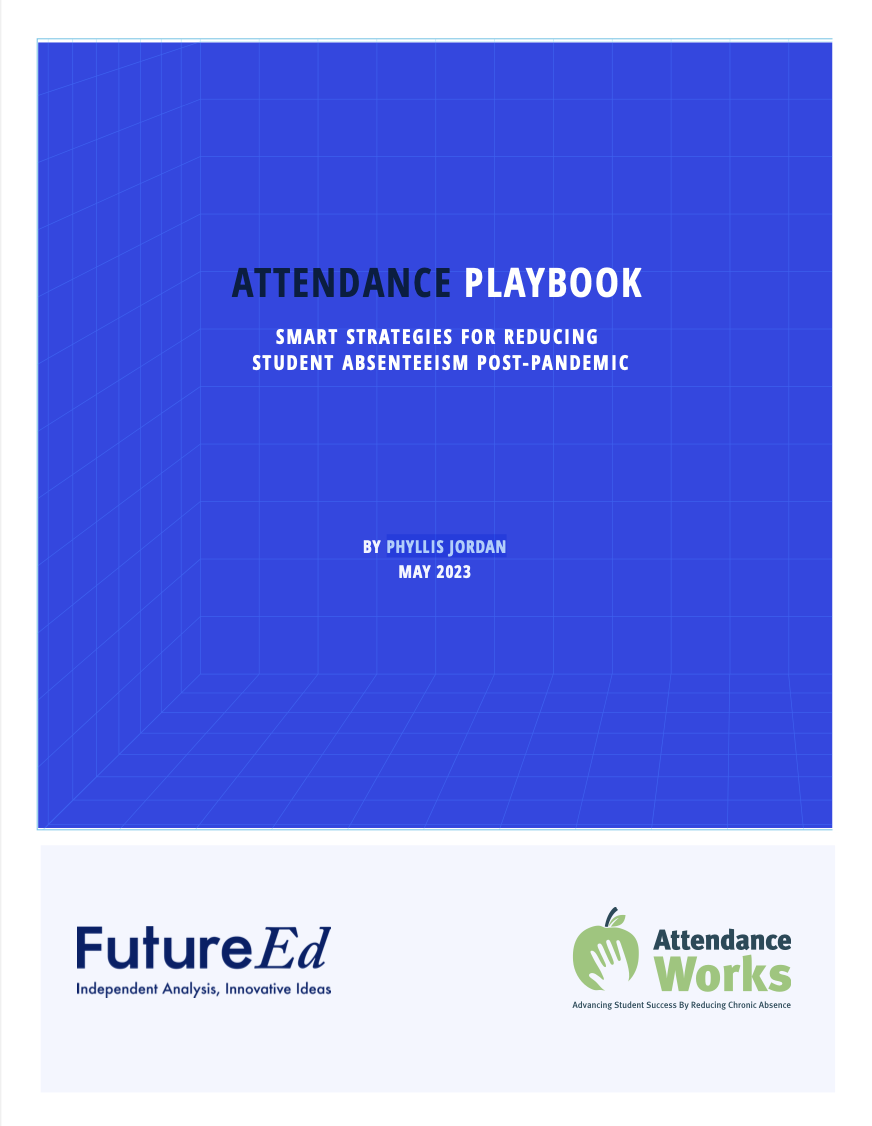 Among the dire educational consequences of the pandemic, the impact on student absenteeism stands out. The pandemic’s long months of remote learning, hybrid schedules and repeated quarantines frayed bonds among students and between students and educators and fractured routines of attending school. Left unaddressed, these high levels of absenteeism threaten to undermine the unprecedented investment of federal Covid-relief funds in public schools.
Among the dire educational consequences of the pandemic, the impact on student absenteeism stands out. The pandemic’s long months of remote learning, hybrid schedules and repeated quarantines frayed bonds among students and between students and educators and fractured routines of attending school. Left unaddressed, these high levels of absenteeism threaten to undermine the unprecedented investment of federal Covid-relief funds in public schools.
To help education policymakers and practitioners respond to the post-pandemic absenteeism crisis in the nation’s schools, FutureEd and Attendance Works have expanded our Attendance Playbook to reflect schools’ realities during and after the pandemic. The new analysis includes more than two dozen effective, readily scalable approaches covering topics ranging from family engagement to the value of attendance incentives, as well as students’ social and emotional well-being, a high priority for educators post-pandemic.
In the playbook, we explain each intervention, identify the problem it solves, summarize supporting research, and highlight schools or school districts that have used the strategy successfully. Attendance Works has added an implementation guide for schools and districts.
More Resources
Playbook Implementation Guide
A guide by Attendance Works to implementing evidence-based practices
What LeBron James Can Teach Us About Chronic Absenteeism
A commentary published by The 74
Relationships All Year Round: Nurturing Showing Up
A webinar on using the Attendance Playbook to building connections
Who's In: Chronic Absenteeism Under ESSER
A report on states choosing chronic absenteeism as an accountability metric
How Did ESSA's "Non-Academic" Indicator Get So Academic?
An analysis of state accountability rubrics under ESSER

